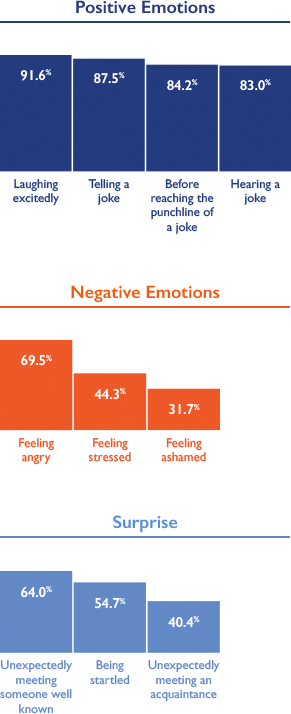

Although sleep paralysis does not cause any harm, being unable to move can be frightening. The episodes can last from a few seconds to several minutes. This is a temporary inability to move or speak that occurs when waking up or falling asleep. Some people with narcolepsy experience episodes of sleep paralysis. In an attempt to avoid attacks, some people may become emotionally withdrawn and socially isolated. Some people with narcolepsy have cataplexy attacks once or twice a year, while others have them several times a day.
double vision or finding it difficult to focusĬataplexy attacks are usually triggered by an emotion, such as excitement, laughter, anger or surprise.Īttacks can last from a few seconds to several minutes. Most people who have narcolepsy also experience cataplexy, which is sudden temporary muscle weakness or loss of muscular control. If narcolepsy is not well controlled, sleep attacks may happen several times a day. Some people will only have "microsleeps" lasting a few seconds, whereas others may fall asleep for several minutes. The length of time a sleep attack lasts will vary from person to person. Sleep attacks, where you fall asleep suddenly and without warning, are also common in people with narcolepsy. People with narcolepsy may be misjudged as being lazy or rude. It can have a significant impact on everyday life.įeeling drowsy throughout the day and struggling to stay awake makes it difficult to concentrate at work or school. Excessive daytime sleepinessĮxcessive daytime sleepiness is usually the first sign of narcolepsy. If necessary, you'll be referred to a sleep disorder specialist, who can confirm the diagnosis.įind out more about diagnosing narcolepsy. You should see a GP if you think you may have narcolepsy so they can find out what's causing your symptoms. Narcolepsy is usually a long-term (chronic) condition, although some of the symptoms may improve as you get older. Symptoms may develop slowly over a number of years, or suddenly over the course of a few weeks. Some people have symptoms regularly, while others are less frequently affected. A man who goes weak at the knees every time he sees a stray coin on the sidewalk.ĭoes anything make you go weak in the knees? Tell us in the comments.Not everyone with narcolepsy has the same symptoms. A man who freezes when he catches a fish. (By the time he regained control of his body, the bear was gone. A man in his 60s who came face-to-face with a black bear in his backyard – the man fell over on his front porch, literally paralyzed by fear. The same woman, when she opens her front door to find a door-to-door salesperson, almost instantly tips over. She’s come close to dropping the baby, but never has, and now that she and her family are aware of her condition, they're able to work around it. A woman who is so overcome with emotion when holding her grandchild that her arms freeze. A septuagenarian who can't make it to the punch line of a joke without collapsing. "The standard line is, 'Get a chair! She’s going down!'"Īs she puts it, “You have to make a decision: Do you spend the rest of your life isolated, staying out of situations that might make you laugh and cause you to tip over?”īornemann has more stories of patients with cataplexy that are too fascinating to leave unshared: They'll sometimes continue their game of cards over her temporarily frozen figure. Now, her circle of friends is smaller than it once was, but they're all used to her occasional collapses. I was fearful of going places where I wasn't well known," Bell says. When she first discovered she had cataplexy, she says, "I avoided social situations for a while. 
It's laughter - specifically, laughter caused by telling your own joke.įor Bell, it's one-liners in conversations that do her in. (Bornemann works at the sleep center where Bell is treated, although she is not a patient of his.) He explains that although the neurological mechanisms aren't totally understood, in patients with cataplexy, a particularly strong feeling appears to trigger that REM muscle paralysis when they're awake.īornemann asked me what I thought was the emotion most likely to trigger a "drop attack." I figured it would be something strong or even visceral, so I guessed anger. Michel Cramer Bornemann, a medical director at the Hennepin County Medical Center in Minneapolis, Minn. "That's a good thing - we probably don't really want to act out our dreams," explains Dr.

During the REM stage of sleep, our muscles are essentially paralyzed.







 0 kommentar(er)
0 kommentar(er)
